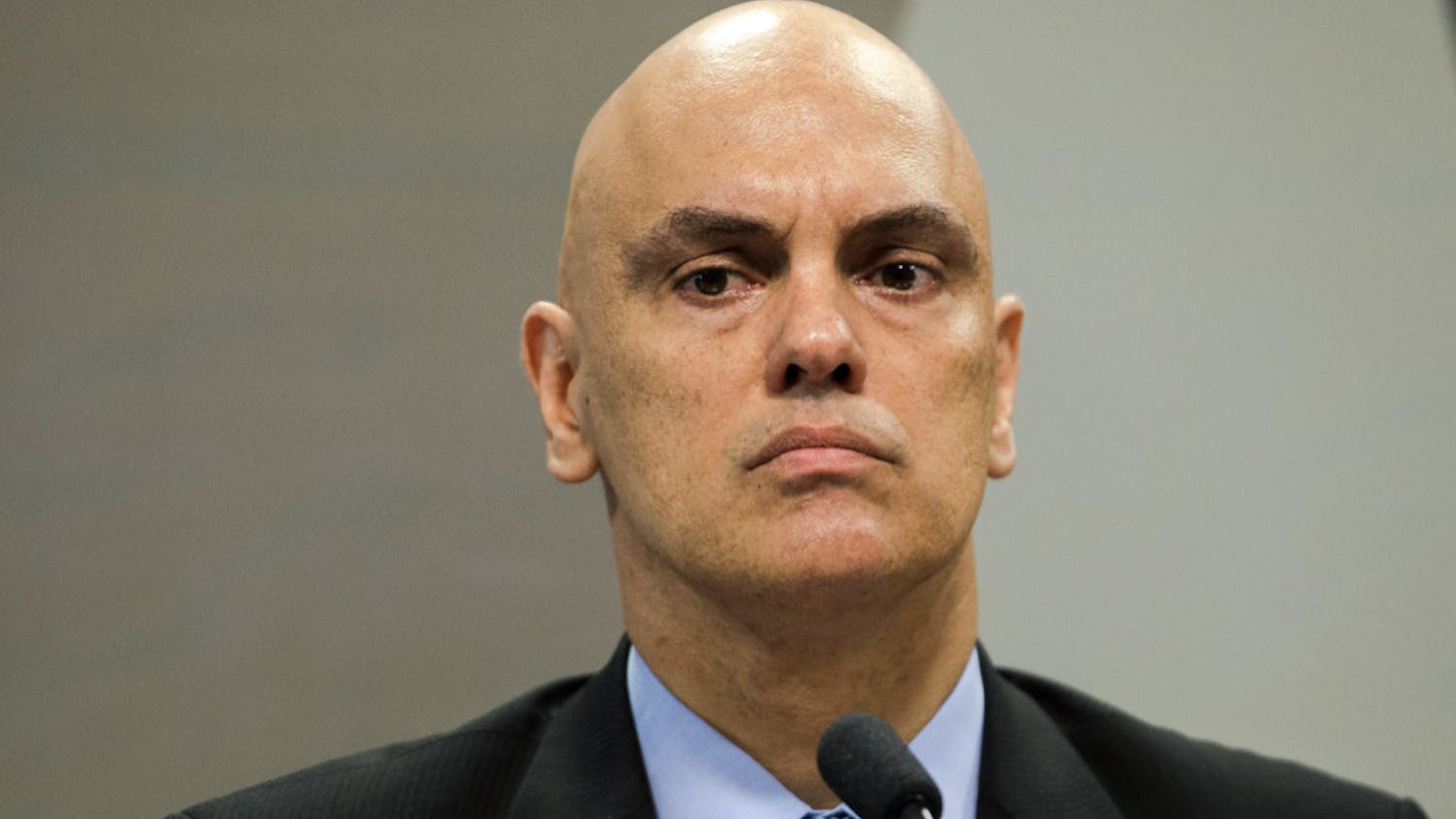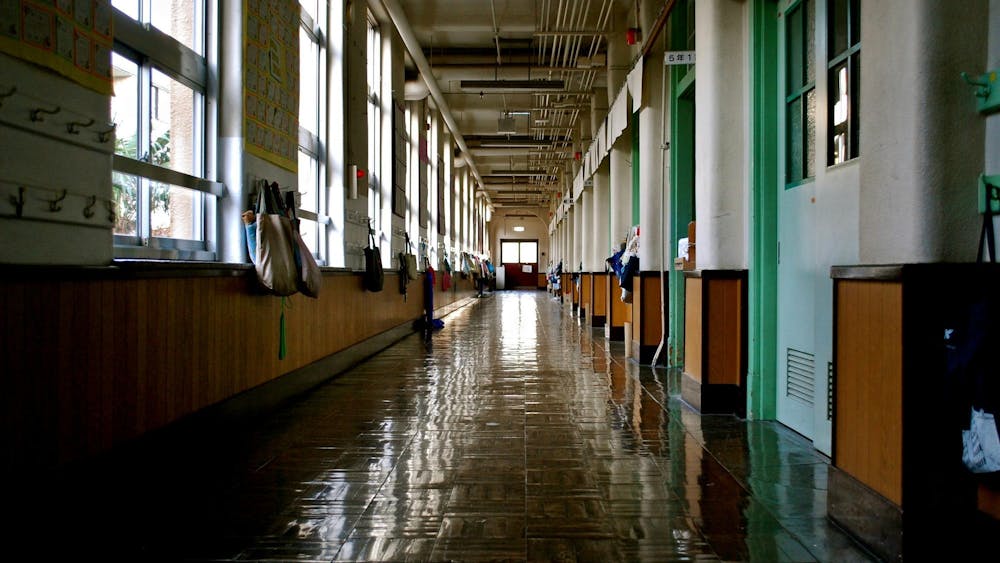What do your first teenage zit, Mel Gibson in Braveheart and Ash Wednesday have in common?
Sometime between the ages of 9 and 13, deep inside of us, our bodies begin to change. The changes begin, not on the surface of our skin, but deep within our bloodstream and hormones and glands. (I am talking science without a license here, invoking freedom of the press and my Program of Liberal Studies degree to talk authoritatively about matters well beyond my understanding). Yet, of course, as is obvious to us as we look back at our high school yearbook photos, at some point the outer surface of our bodies gives way to the biological and chemical forces swirling within, and then zits happen! How can a filmmaker convince the viewer of William Wallace's passion for Scotland's independence from England, a passion that smolders deep inside of Wallace, and will explode forth on the field of battle?

The problem, of course, is that Wallace's energy, his spirit, is invisible here, lost to the naked eye. Yet nothing is more real, more important to the movie, more driving in Wallace's life and Scotland's future. Thank God for facepaint! Smear Wallace's face in the colors of Scotland, and we create not only one of the iconic big-screen images of the last 20 years, but a visible sign of the deep, invisible forces at work within his heart.
Which brings us to Ash Wednesday. The point about marking our foreheads is now obvious. The interesting question about Ash Wednesday is not why we annually mark ourselves with ashes. Human beings mark the outer surfaces of their bodies with marks that signify interior realities all the time, both involuntarily through natural biological processes, and voluntarily with everything from tattoos to designer clothes.
The interesting question is: why ashes? What mysterious reality about ourselves, utterly true but also deeply interior, invisible and always just out of reach, do we wish to mark by pressing ash to our foreheads? In our Scriptures, it is Abraham who first confesses the seemingly devastating truth about humanity: "Forgive me Lord, for I am nothing but dust and ashes." It is a confession of his origin, recounted in Genesis 2:7: "Then the Lord God formed a human being from the dust of the ground." Abraham is manufactured from the dirt of the earth, the same dirt where, elsewhere in Genesis, God condemns the slithering path of the serpent who tempted Eve. It is a humble origin, to say the least.
Abraham's confession is, perhaps, an instructive first Ash Wednesday, an outer acknowledgment of what he knows in his heart to be true –– that his life is, at some level, ash, and that his dusty beginning will also be his dusty end. To mark our origin and destiny as dust is a courageous acceptance of what is real and, ultimately, beyond our control –– "we are dust and to dust we shall return." And yet, we must say more. We must note that Abraham's humble confession is only half the truth, for the very same Genesis 2:7, which notes that God formed the first human being from a heap of ash, continues, "… and then God breathed into the human being's nostrils the breath of life, and the being became a living being." Not mere dust and ashes , but rather, as St. Paul writes, "Within these earthen vessels, we contain a treasure." And the treasure is nothing less that God's spirit.
Abraham, indeed, seems keen to the point, for immediately after acknowledging his humble origin, he begins to negotiate with God about the future of Sodom. In a truly startling scene for any God-fearing reader, Abraham reminds God, who is about to wipe out the city, that He has claimed to be a just and compassionate deity, and wonders to the face of his Creator, "Will not the Just Judge of the World do what is right?"
What kind of creature is this, who in one breath acknowledges his most humble and ephemeral nature, and in the next breath, dares to remind his own Maker of the right way to conduct His affairs? Could it be that in the exterior acknowledgement of this profound truth about ourselves –– that we are mere dust and ash –– a still deeper identity is revealed? That into this dust and ash, God has breathed God's own divine spirit, and, as a result, we have become nothing less than co-adjudicators with God, called to negotiate and work, with God in building a kingdom of justice and mercy?

No wonder Isaiah will later bristle at the Israelites' attempt to reduce their ashing to mere self- effacement: "Thus says the Lord: Is this the manner of fasting I wish? That a man bow his head like a reed and lie in sackcloth and ashes? Do you call this a fast? This, rather, is the fasting I wish: releasing those bound unjustly, setting free the oppressed, sheltering the homeless and clothing the naked when you see them."
By now, Wednesday's ashes have faded from our brows. Like the pimply signs of our adolescence, our Ash Wednesday marks eventually give way to a deeper identity. We do not, after all, return merely to dust. On the other end of Lent awaits the Resurrection, and the unleashing of the Spirit within us at Pentecost. Our deepest identity, Ash Wednesday reminds us, is that we are vessels of the Spirit.
Before the ashes, upon our brows splashed the water and oil of our baptism, which set us free from sin and death. Not ultimately bound by the ephemeral nature of dust and ash, our lives in Christ are destined for, in the last word of William Wallace: freedom.
Fr. Lou DelFra is the director of Bible studies for Campus Ministry and pastoral director of the ACE program. He can be reached at delfra.2@nd.edu
The views expressed in this column are those of the author and not
necessarily those of The Observer.












